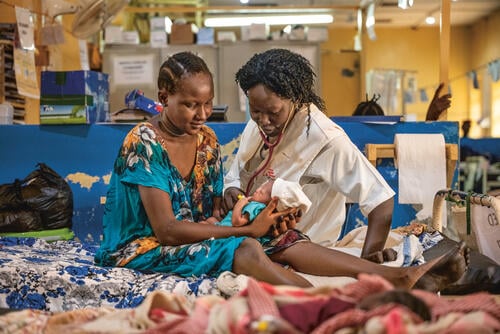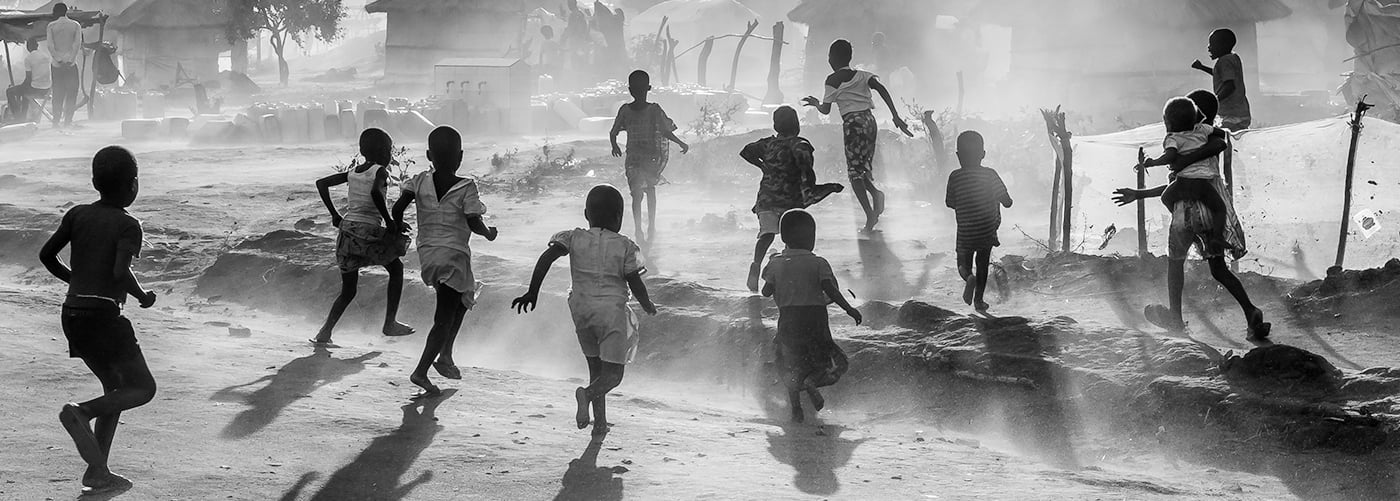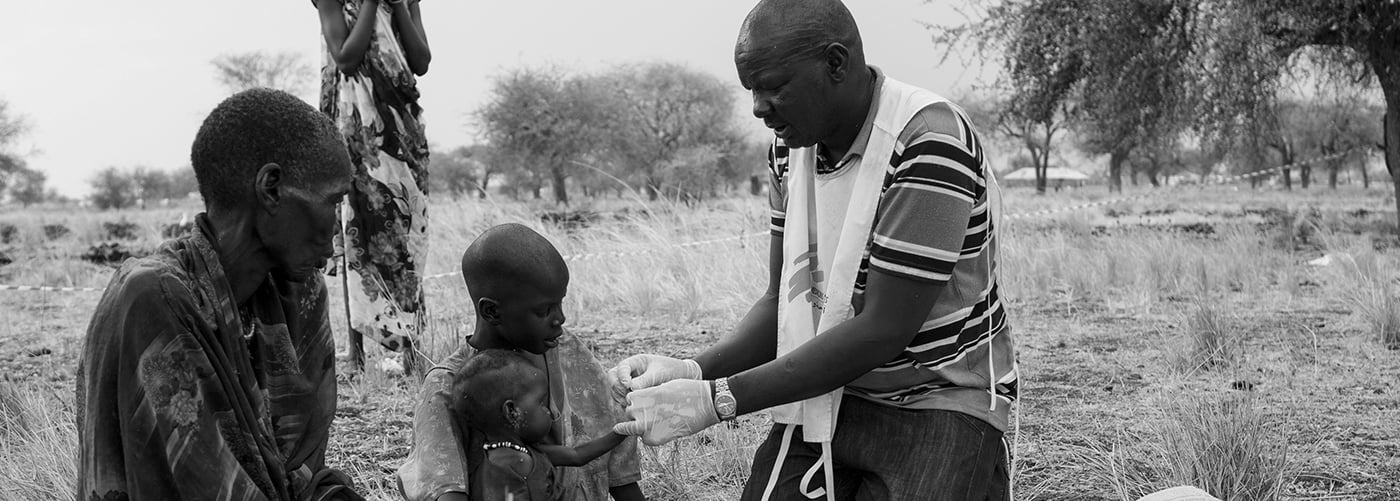Your donation matters
Emergencies come in many forms: armed conflicts, disease epidemics, natural hazards, malnutrition crises, and more. Your gift ensures that when an emergency happens, our teams are there to relieve suffering and save lives.
Rounded figures taken from 2024 International Financial Report
Your donations at work
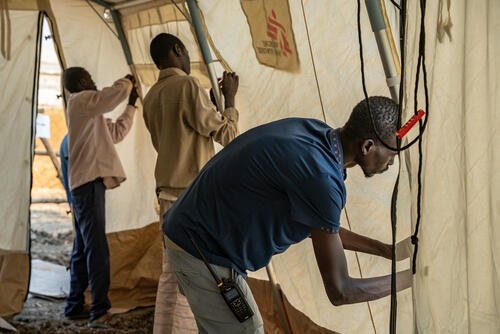
The first 72 hours of a cholera outbreak
Diyani Dewasurendra recounts the first 72 hours of a cholera outbreak in South Sudan.

Trapped and abused: migrant workers’ experiences in Lebanon
MSF’s clinic in Bourj Hammoud, a northern suburb of Beirut, primarily serves migrants who are generally excluded from social services.
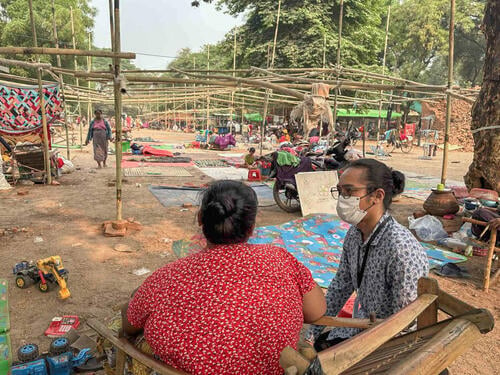
MSF steps up response in Myanmar following devastating earthquake
A powerful 7.7 magnitude earthquake struck central Myanmar, devastating the regions of Mandalay, Naypyidaw, Sagaing, and Shan state.
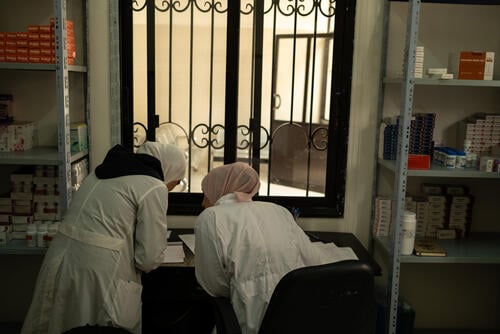
Syria: MSF opens emergency room in Daraya
MSF began working in Daraya in March in partnership with the Directorate of Health.
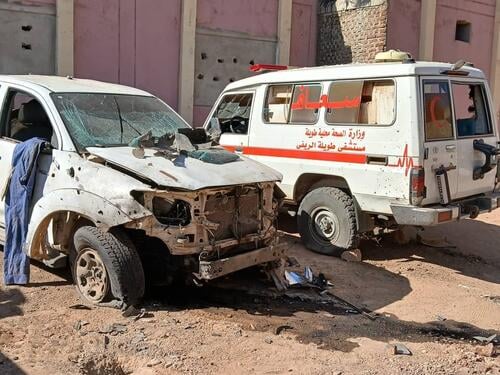
MSF briefs UN Security Council on “war on people” in Sudan
Christopher Lockyear, MSF Secretary General, briefs the United Nations Security Council, calling on them to immediately respond to the war in Sudan.
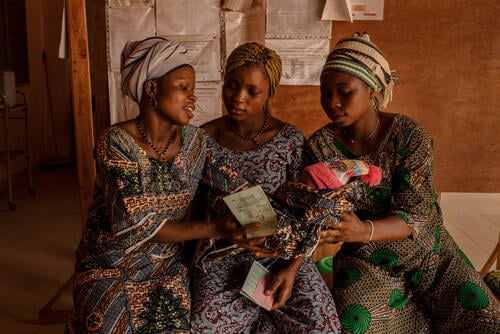
Giving birth without dying in Benin
To address high infant and maternal mortality rates in Benin, MSF staff train women who carry out most of the outreach and health promotion activities in villages in Couffo.
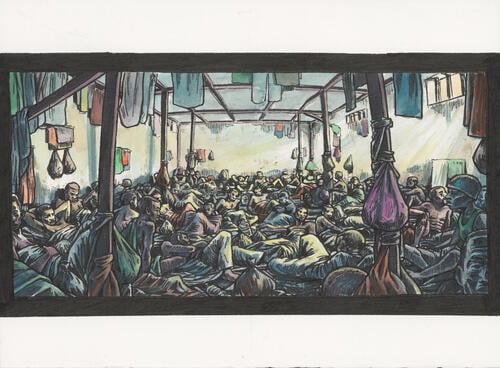
Migrants face extreme violence and exclusion from healthcare in Libya
MSF teams assist migrants who have been subjected to a range of violence and abuse in Libya.
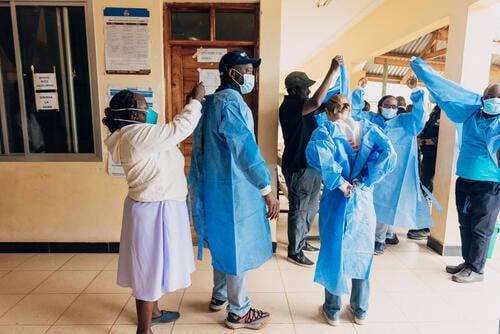
MSF team supports response to outbreak of Marburg virus in Tanzania
The outbreak was declared on 20 January 2025.

A chaotic situation and many war-wounded in Goma
Virginie Napolitano, MSF emergency coordinator in Goma, Democratic Republic of Congo, describes the situation in the city.
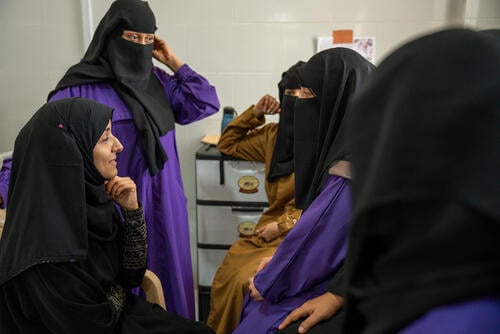
A lifeline for mothers-to-be on Yemen’s west coast
Around 250 women give birth every month at our maternity ward in Mocha General hospital.
FAQs
We pride ourselves on the incredible support of our donors. Our funding structure relies on lots of donations from millions of individuals around the world. It is our donors, who fuel MSF’s work.
In 2024, 98 per cent of our income came from some 7.1 million private donors. It is thanks to the generosity of these private supporters – mainly individuals like you, but also companies and private foundations – that we are able to operate independently and provide humanitarian assistance in some of the world’s most insecure environments and forgotten crises.
The remaining two per cent of our income came from public institutions, other sales and financial transactions.
For more details, see the International Financial Report.
In 2024, we raised a total of €2.36 billion euro: 98 per cent of that came from private donations.
For more details, see the International Financial Report.
Your donations pay for millions of consultations, surgeries, treatments and vaccinations every year.
We are a non-profit organisation and 79% of our financial resources are allocated to fulfilling our social mission: 63% to our humanitarian programmes, 12% to support our projects and programmes, and 3% to our bearing witness (témoignage) activities. The rest is spent on general management and fundraising costs. We also maintain reserves that allow us to respond immediately to a crisis without having to wait for an appeal. The use of MSF funds is tightly controlled and the audited financial reports are publicly available.
The overwhelming majority of our programmes are implemented directly by our teams. In other cases, we provide support to local medical networks who can directly access those in need. This is notably notably the case in Syria where some areas of the country are not directly accessible to our teams.
For a more detailed breakdown of our sources of income, by activity and by geographic area, see the International Financial Report.
Where is the money spent? > In 2024, 59% of programme expenditure was spent in Africa, 30% was spent in Asia, and the rest in Europe, the Americas, Oceania and for transversal activities, such as search and rescue.
We spent the most in the Democratic Republic of Congo, Yemen, South Sudan, Nigeria, Sudan, Central African Republic, Chad, Afghanistan, Haiti, Palestine and Syria.
The International Financial Report gives more details of the geographic distribution of expenditure. It also provides breakdowns of expenses and funding for all the countries where MSF has significant programme activities in a given year.
We don't accept contributions from companies and industries whose core activities may be in direct conflict with, or limit our ability to provide, medical humanitarian work. Hence, we don't accept money from pharmaceutical and biotechnology companies, extraction industries (such as oil, natural gas, gold, or diamonds), tobacco companies and arms manufacturers.
Additional limitations may exist in the national giving acceptance policies of the countries where MSF is fundraising.
MSF does not accept in-kind donations of medical products or health technology. Only under exceptional circumstances, and on a case-by-case basis, MSF may consider accepting such donations according to the criteria and conditions set forth in MSF’s Policy for In-Kind Donations of Medical Products and Health Technology (PDF).
We appreciate that some of our supporters may have a particular interest in a country or programme in which we work. While in some circumstances it is possible to have your gift directed toward a specific programme or country, we ask that you contribute with unrestricted funding.
Unrestricted general donations give us the ability to direct funds where the needs are greatest, including under-reported and neglected crises.
MSF would not be able to swiftly respond to emergencies in Central African Republic, South Sudan or Yemen, nor provide lifesaving care to hundreds of thousands of people living with HIV, if not for the general support from our donors worldwide.
Further details on where our money comes from, how much we raise, and how we spend it, can be found in our International Financial Report.
The International Financial Report also gives details on where we spend your money, showing the geographic distribution of our expenditure, and providing breakdowns of expenses and funding for all the countries where MSF has significant programme activities in a given year.
Warning
Please be aware there have been cases of individuals posing as Médecins Sans Frontières (MSF) staff in order to scam people out of money.
MSF has received reports of third parties attempting to fraudulently obtain money on our behalf via email, social networking websites or apps, or in person at public locations.
The following is a list of scams and hoaxes that have been brought to our attention (please note this list is not exhaustive):
- An individual or individuals carrying out what appears to be fraudulent collections of money in public locations, while pretending to represent MSF.
- People posing as MSF staff in emails asking for reimbursements for donations, sometimes naming actual MSF staff or senior management in their appeals in order to bring a sense of credibility.
- People posing as MSF staff requesting money to pay for individual medical procedures for fictitious patients.
- People posing as MSF staff who have been detained on their way home and asking for money to be transferred in order to secure their release from detention.
- People posing as MSF staff, or acting on behalf of MSF staff, on social networking websites or apps in order to lure unsuspecting members of the public to send funds to cover the travel costs of the alleged MSF staff member to return from a field mission.
- People posing as MSF staff who have been detained on their way home and asking for money to be transferred in order to secure their release from detention.
- People posing as MSF human resources or recruitment staff asking people applying for a job with MSF for money or to pay a fee.
All MSF staff are instructed to call their home MSF office if they find themselves in an unfortunate situation like losing their passport or if they have trouble with a visa. We then provide all the support they need to get home.
MSF staff in the field will also have access to funds in an emergency situation and so have no need to request financial support from anyone, for either themselves or their patients.
MSF does not charge a fee at any stage of the recruitment process (application, interview meeting, processing, training or any other fees).
Unfortunately there is nothing we can do to stop scams such as these and others from happening. If you are unsure if you are the subject of a scam or fraud involving a supposed MSF staff member, please get in contact with your local or nearest MSF office. You can also get in touch with your country’s local consumer commission or fraud reporting office.



